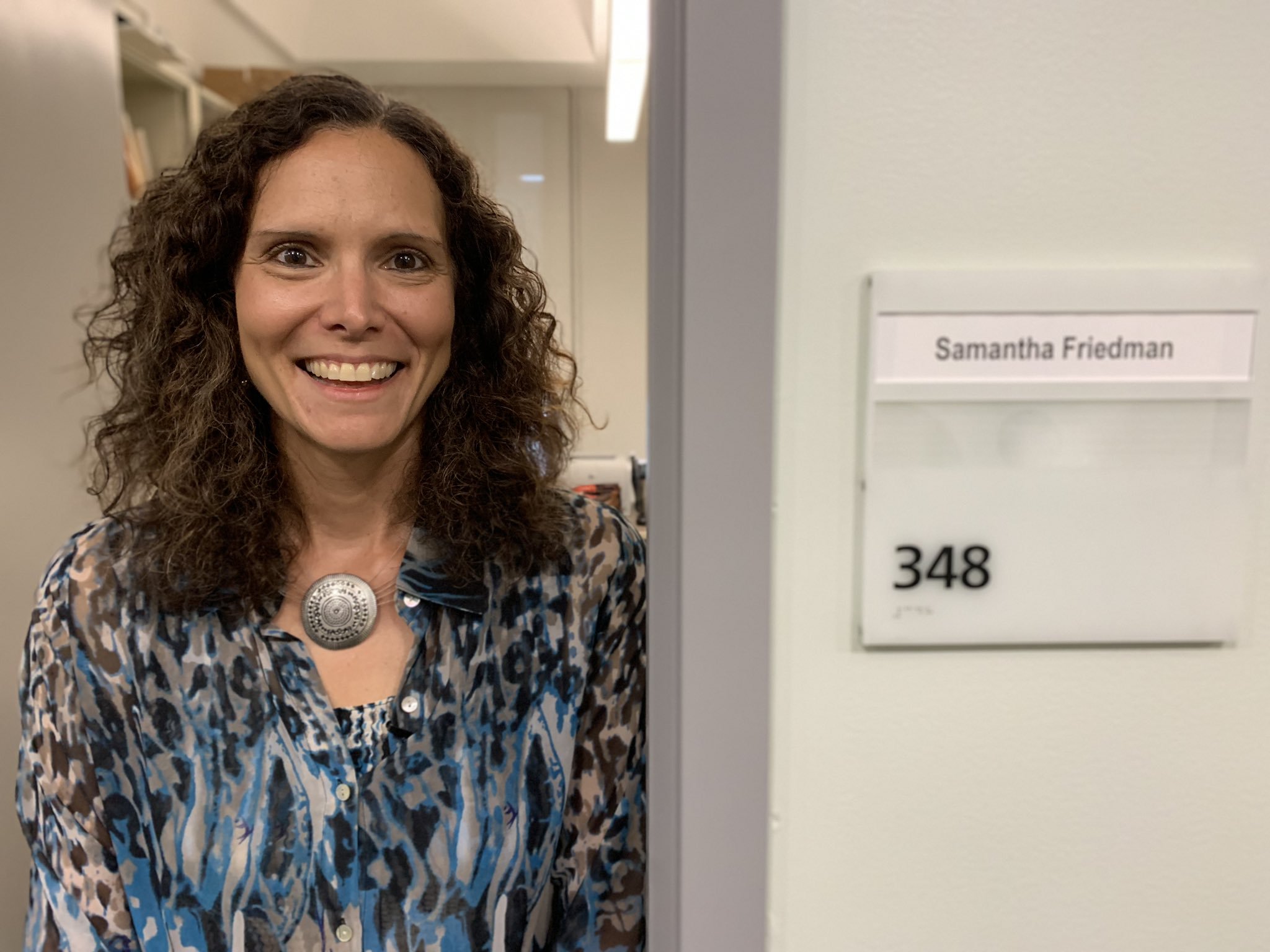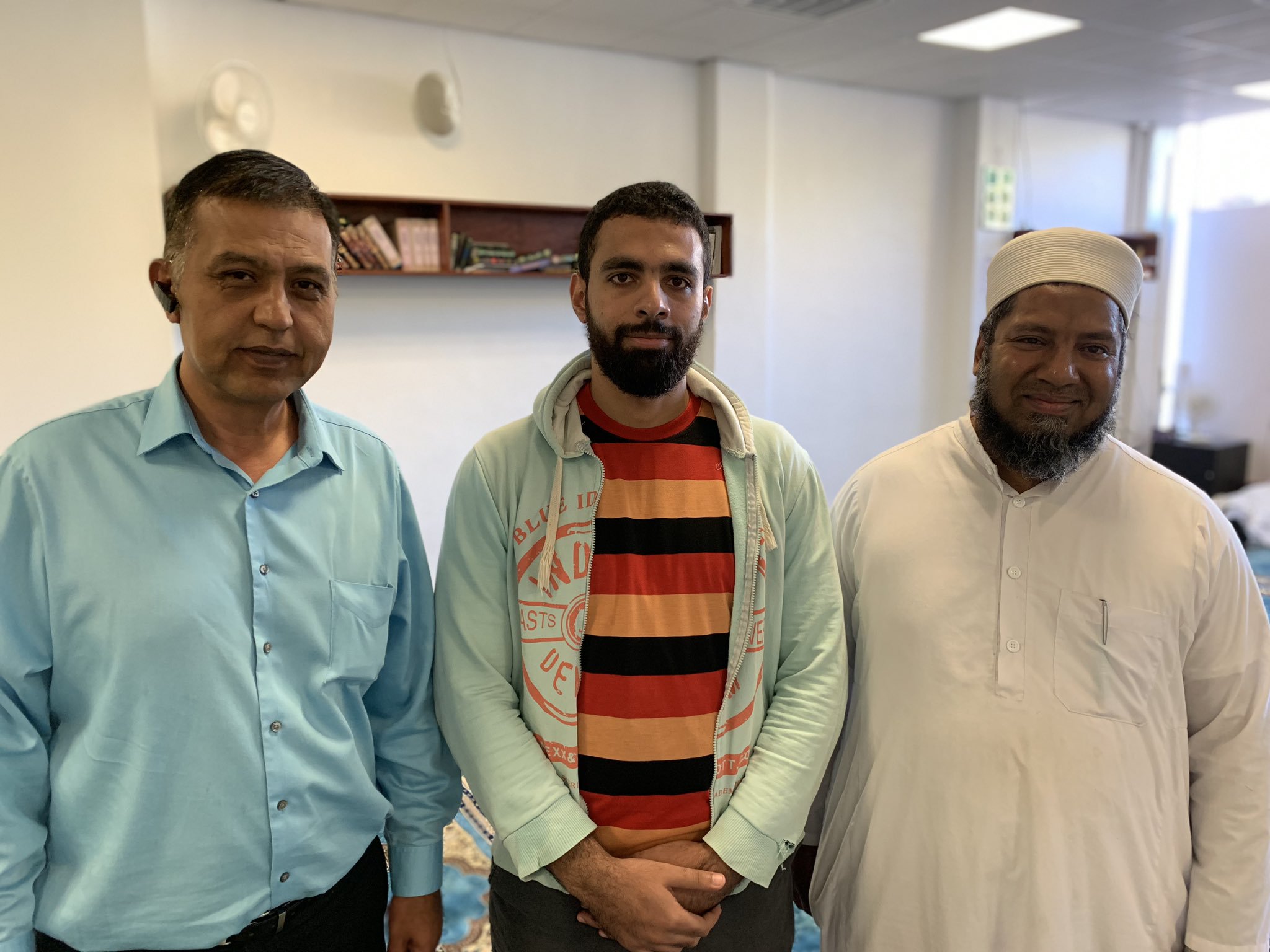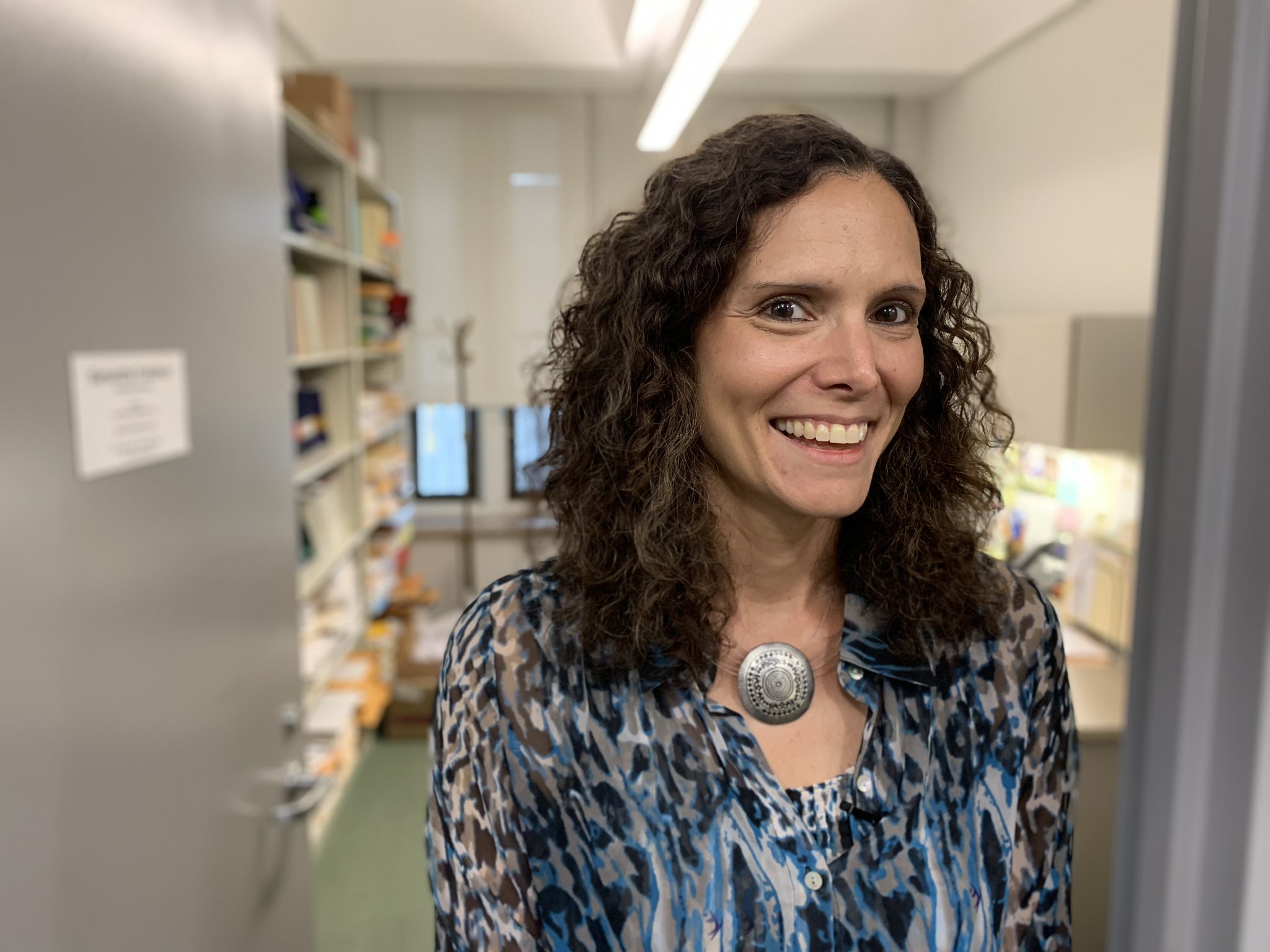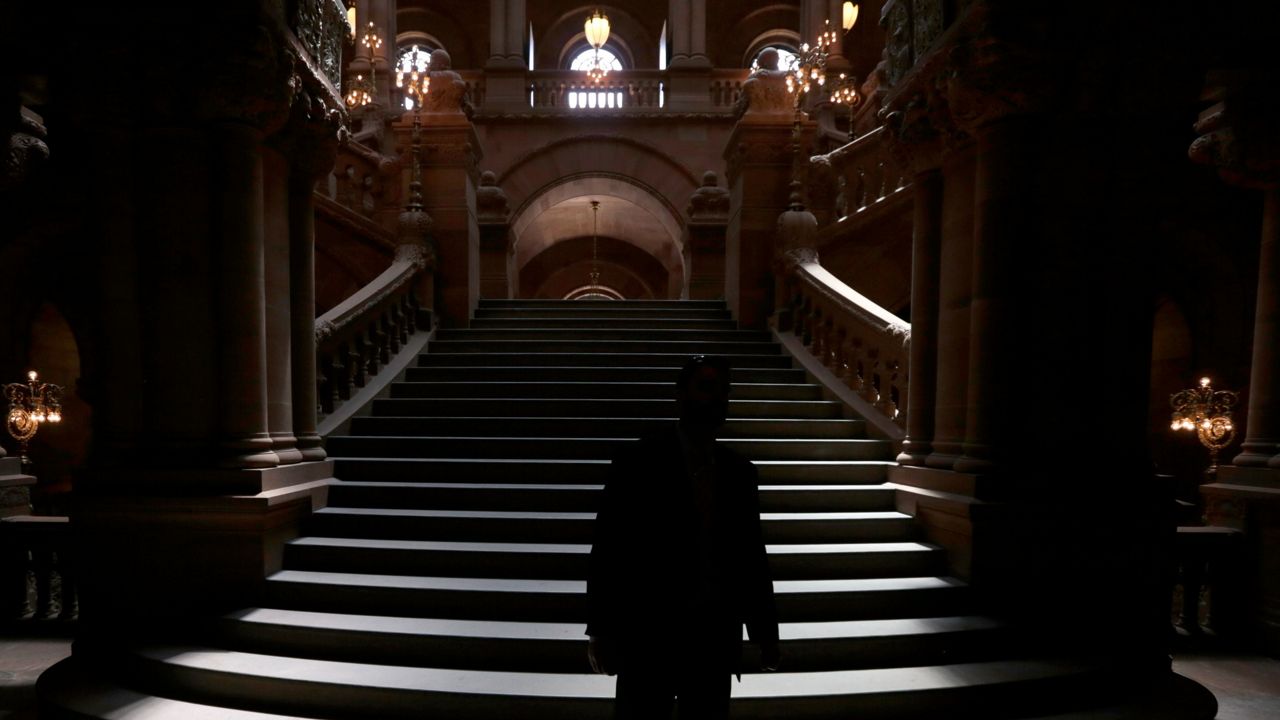According to a recently released University at Albany study, Muslim-Americans face significant inequality in an area that might be overlooked — housing.

The study — published recently in an academic journal — does not determine the exact root causes, but its author, UAlbany Associate Professor of Sociology Samantha Friedman, believes it is likely due to what they expressed as “anti-Muslim sentiment.”
Some members of Albany’s Muslim community agree, saying in certain communities it has never been more difficult to find a home or apartment. Friday, members of that community held a prayer at Masjid As-Salam in Albany.

In the Mosque, many feel at home, but finding a place to live can be an entirely different experience.
“It is more difficult now than it has ever been before,” said Abdul Satar, Albany Islamic Association.
Satar says landlords in more affluent communities are unlikely to rent to Muslims.
“If you are black and your last name is Muhammed, or has something to do with Islam, they are not going to give you the place,” Satar said.
Satar says his experience matches the findings of the UAlbany recently published study.
“They are constrained to certain neighborhoods with non-majority members,” Friedman said.
Friedman’s team analyzed data collected over several years in Philadelphia. They found Muslims are less likely to live near what Friedman explains are majority group members — white people — and are more likely to live alongside minorities, and that segregation limits access to resources.
“Predominantly white neighborhoods offer the best access to educational opportunities, economic opportunities, the residents have better environmental quality,” Friedman said.
What Friedman's team has yet to clearly establish is cause: Is it possible Muslims choose to live in clusters by choice? Satar says no.
“If you have children, give them a better education, make them live in a better neighborhood, and have them rise up in the right society,” Satar said.
Friedman suspects anti-Muslim sentiment is to blame and encourages Muslims to know their rights.

“Raising the awareness there are protections for them under the fair housing act is a big takeaway,” Friedman said.
Friedman says it is crucial for Muslims and other minority groups to know they have options if they feel they have been discriminated against.
The New York Attorney General’s Office has a list of resources you can find here.










